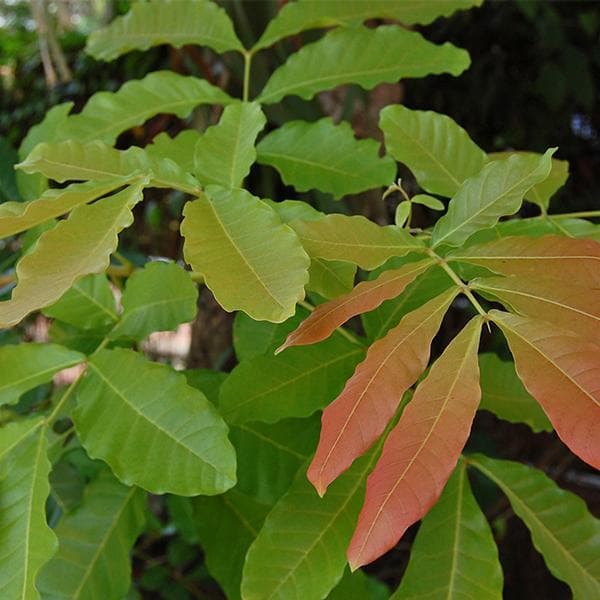

Description
Description
It is a large deciduous (nearly evergreen) tree with a comparatively short fluted trunk and a shade spreading crown
Hibiscus rosa-sinensis, known colloquially as Chinese hibiscus, China rose, Hawaiian hibiscus, and shoeblackplant, is a species of tropical hibiscus, a flowering plant in the Hibisceae tribe of the family Malvaceae, native to East Asia.
Plant Specifications
| Common Name | Hibiscus rosa-sinensis |
| Maximum Reachable Height | 4 to 10 feet |
| Flower Colour | Yellow |
| Bloom Time | Seasonal bloomer |
| Difficulty Level | Easy to grow |
Planting and care
In active growth, water freely especially if rainfall is less than 1 inch per week.Keep lilies mulched so that their roots are cool. The mulch should feel moist but not wet. Apply a high-potassium liquid fertilizer every 2 weeks from early spring until 6 weeks after flowering. Keep moist in winter.
Kusum oil is a type of oil extracted from the seed of the Kusum tree (Schleichera oleosa). The plant, which is also commonly known as ceylon oak, lac tree, or Macassar oiltree, belongs to the Sapindaceae family. The schleichera family is named after J. C. Schleicher, a Swiss botanist, and the species name means,oily, or,rich in oil., The tree is native to India and Pakistan, but is also found in some parts of Southeast Asia.
Kusum Tree care
For dependable blooms, lilies need six to eight hours of direct sunlight a day. If it, s too shady, the stems will attempt to lean towards the sun or get spindly and fall over. Most of the popular varieties prefer acidic to neutral soil, but some are lime-tolerant or prefer alkaline soils (e.g., Madonna lilies).
| Sunlight | Full sun to part shade |
| Watering | Medium |
| Soil | Well-drained soil |
| Temperature | 5 to 35 degrees C |
| Fertilizer | Apply any organic fertilizer |
Kusum Tree special feature
In USDA Zones 10-11, plants are excellent as specimens, hedges or screens. In areas where not winter hardy, plants are excellent in containers that may be brought indoors in fall or grown as houseplants.
Kusum Tree uses
Ornamental Use:
- The plant is used for ornamental purpose
- Its generally kep indoor in living room and in terrac area
Medicinal Use:
- The leaves of the Hibiscus rosa-sinensis are used as a laxative
- The flowers of this plant may be used if you become infected with a type of E
- Coli causes diarrhea
- The Hibiscus rosa-sinensis has anti-diarrhea properties
- The flowers are also used for fertility treatments
